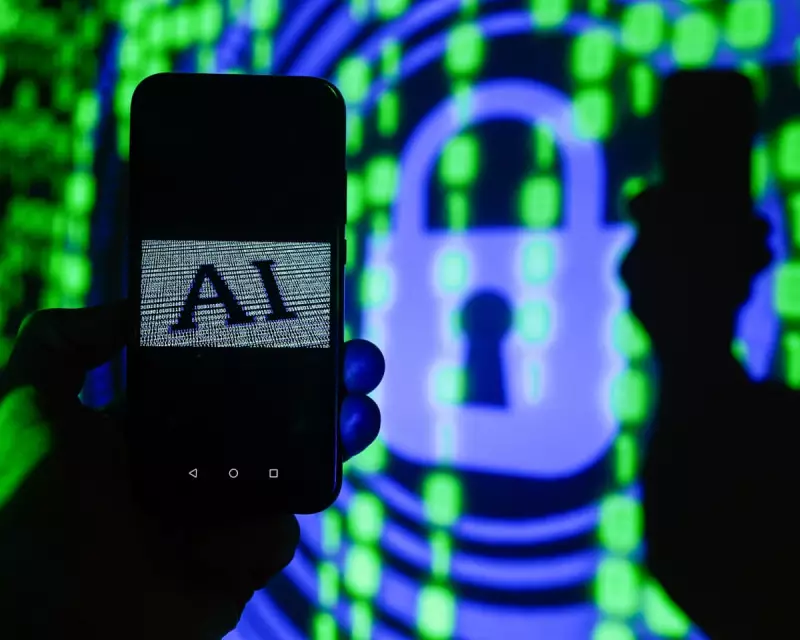
In a landmark decision that captures the rapid evolution of technology, Collins Dictionary has announced 'vibe coding' as its 2025 Word of the Year, signalling a fundamental transformation in how software is developed worldwide.
What Exactly is Vibe Coding?
Vibe coding represents the revolutionary practice where programmers describe the desired outcome or 'vibe' of what they want to create, while artificial intelligence systems generate the actual code. This paradigm shift moves developers away from writing line-by-line instructions toward focusing on broader concepts and requirements.
The term has exploded in popularity throughout 2025, reflecting how AI tools are becoming increasingly sophisticated at interpreting human intent and translating it into functional programming.
The Rise of Natural Language Programming
Collins Dictionary defines vibe coding as 'the practice of using natural language to describe a programming goal for generation by an AI, rather than writing the code manually'. This approach has gained tremendous traction as AI coding assistants become more advanced and integrated into development workflows.
Industry experts note that vibe coding doesn't eliminate the need for programming expertise but rather transforms the developer's role toward higher-level problem-solving and system architecture.
Why This Word Matters Now
The selection committee highlighted how 'vibe coding' encapsulates a significant technological and cultural shift. As one judge noted, the term represents 'the mainstreaming of AI-assisted development' and reflects how artificial intelligence is becoming an integral partner in creative and technical processes.
The word's popularity surged by over 400% in the past year alone, according to Collins' language monitoring systems, demonstrating how quickly this practice has entered the tech mainstream.
Broader Implications for the Tech Industry
This recognition comes amid ongoing debates about AI's impact on software careers. While some fear job displacement, many industry leaders argue that vibe coding could make programming more accessible while allowing experienced developers to focus on complex architectural challenges.
The term's dictionary inclusion and subsequent Word of the Year win validate what many in tech have observed: AI is fundamentally changing how we interact with computers and create technology.
As vibe coding continues to evolve, it promises to reshape not just how we write code, but who can participate in software creation and what kinds of digital innovations become possible.





